What Can Play, Dance & Coding Do? Pune Group & Students Say It Can Change the World!
Anand Gopakumar explains that issues with such learning are mainly found in students and freshers coming from the low-income strata of the society—they find it quite challenging to work in teams, for example. And that's where TAP steps in.
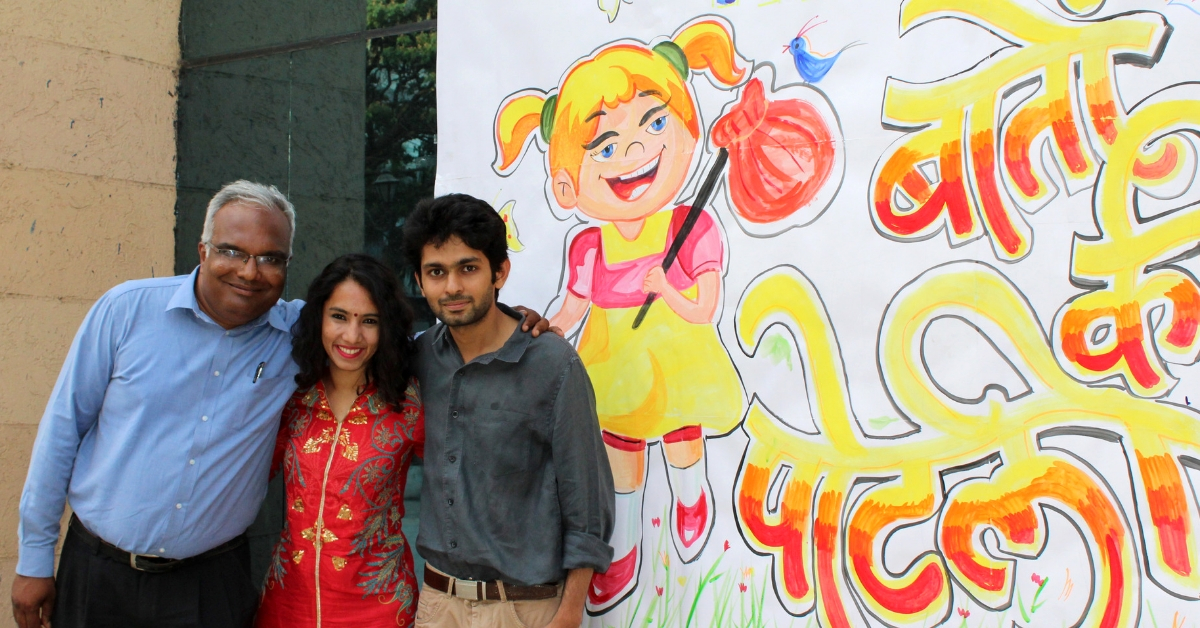
“I am teased by my father’s name in school. Dad sells pakoras by the roadside, so they speak ill of me. But in this class, no one says anything about it. So I like it here,” says 9-year-old Anuja, who studies in a government school in Pune.
Her school is exactly like you’d imagine any government school in India—benches lines up one after the other, textbooks are filled with scribbles and doodles, and answers learnt by rote are written down in notebooks.
But every Saturday, when the school runs for half a day, Anuja and her classmates attend a ‘class’ that is unlike any other.
For some, this class is about playing Ultimate Frisbee, some get down to coding on a computer, while some pursue dance or music.
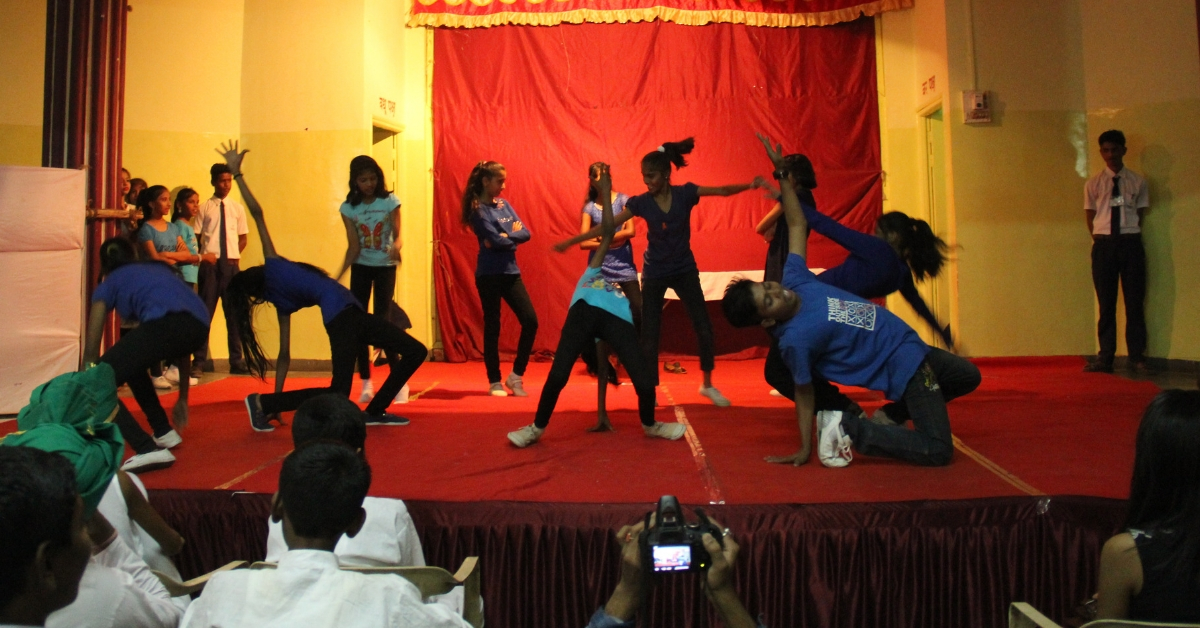
Welcome to The Apprentice Project (TAP), an initiative started by Monica Pesswani, Prashant Kumar and Anand Gopakumar, which strives to utilise the passions and skills of young children, and mould them into better students and citizens and inculcate a sense of employability.
The Better India spoke to Anand about TAP and tried to understand what the project aims to achieve.
“Prashant and I have been Teach for India fellows. We have been working in schools for enough time to know that there is a huge potential among students and the current educational eco-system fails to unleash it. It does not give children the ownership of their education. So we focused on why holistic education is not getting implemented in our schools.”
The trio realised that one of the core differences between well-funded private schools and government schools was the importance given to co-curricular activities in the former.

While private schools typically encourage students to participate in extracurricular and physical (sports) activities, government schools are somewhat infamous for not giving them much importance.
But the project is not so much about letting the kids play, dance or follow their passion; it is about the development of skills through these activities.
“Till the age of 15-16 years, children in India are not asked what they want to study,” says Anand, adding that “All of them just follow the educational curriculum in schools. And the problem with that is that this curriculum does not equip a child with the skills that are needed for employability.
The entire skill set required for employability is based on social and emotional learning, which the conventional educational curriculum lacks.”
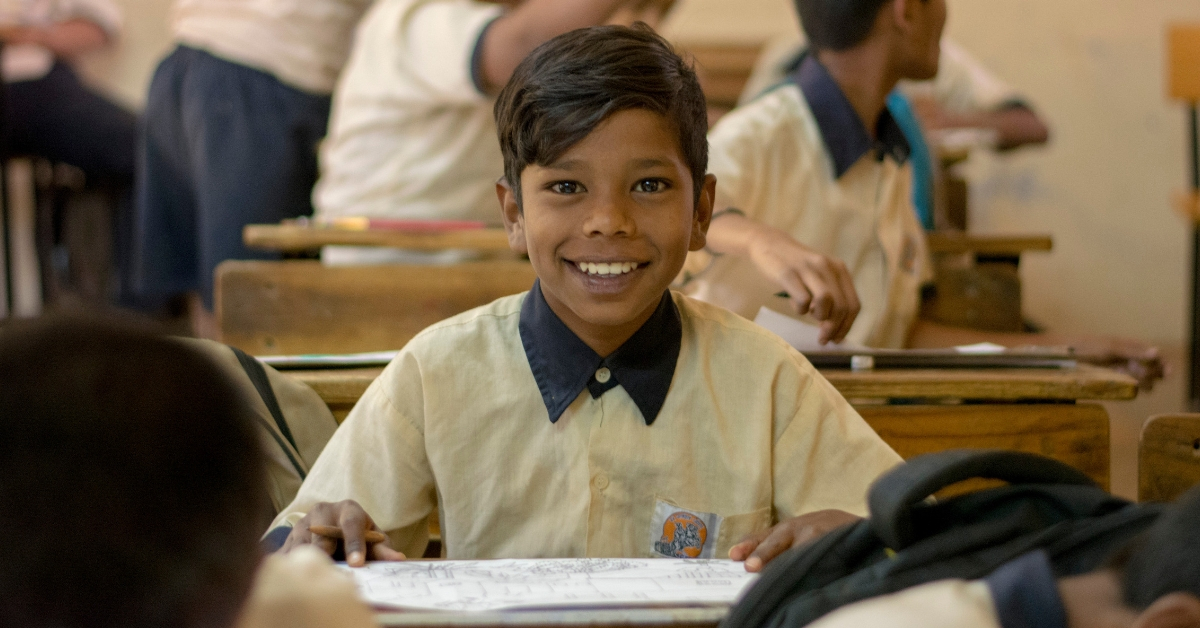
He further explains that issues with such learning are mainly found in students and freshers coming from the low-income strata of the society—they find it quite challenging to work in teams, for example. And that’s where TAP steps in.
“By the end of the week, both the teachers and the students look forward to the weekend. But Saturday is a half-day in most schools, so we approach them and ask them to give us just two hours every Saturday for a year,” Anand told TBI.
In these two hours, the TAP volunteers step in, make the children play in teams, teach them coding, music, dance—anything that they are interested in.
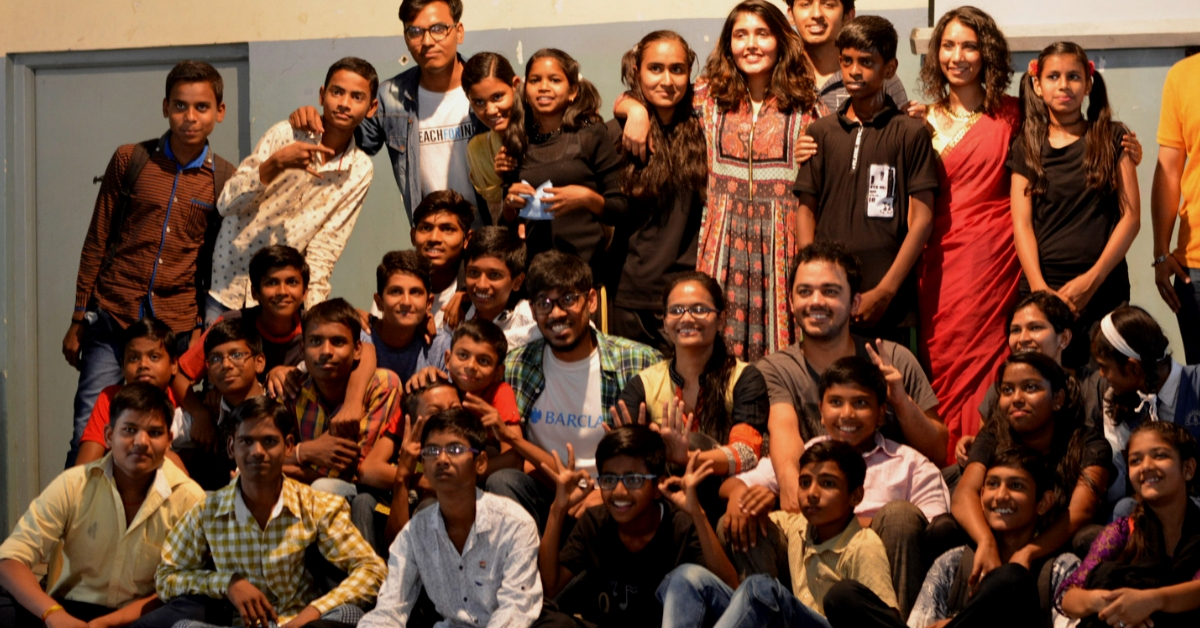
And the results are already coming in. Rohit (name changed upon request) is a class 8 student in Pune, who Anand describes as uninterested in activities that are typically associated with the male gender. Like many other students from his school, he has grown up facing violence and abuse.
Rohan has never played rough, does not socialise much and keeps mostly to himself. However, when he discovered dance, he finally found something which he loved.
Unfortunately, this only resulted in his classmates bullying him further, and Rohan retreated into his shell. This was the situation till TAP was introduced to his school.
Today, he is still the only boy in a dance class full of girls—but he is the one who confidently takes centre stage during performances.
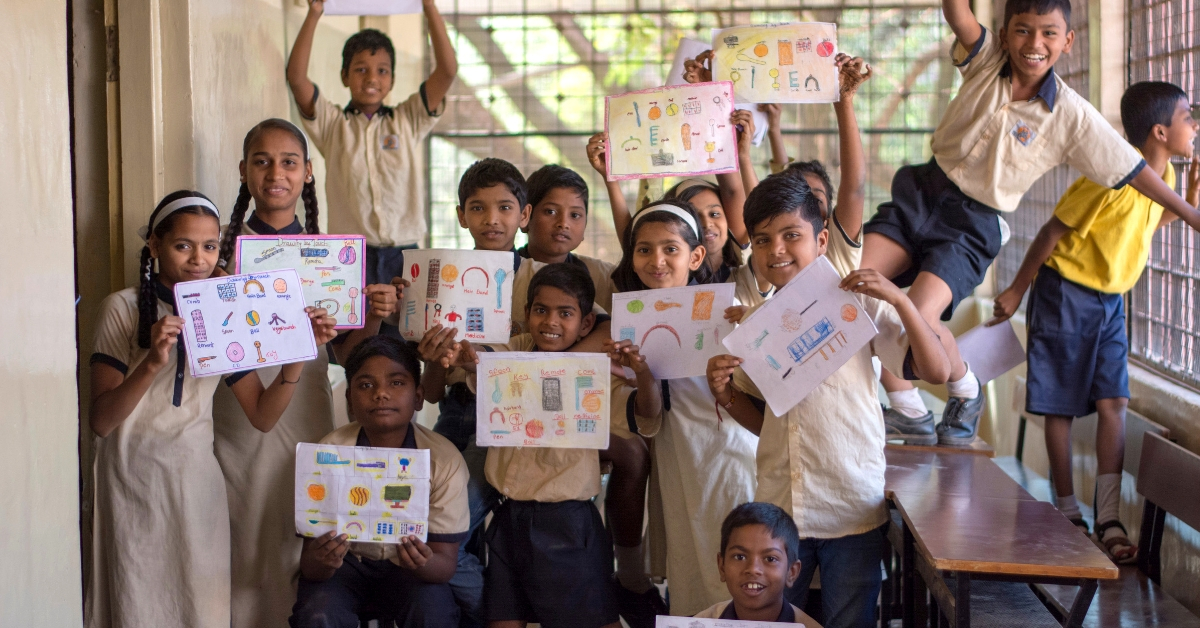
In fact, at a school dance show, Rohit was the show stopper of the routine!
“I like it here because no one hurls abuses here. Everywhere else, it’s just abuses and violence. It feels peaceful,” Rohit said.
This way, TAP gives an opportunity for students to explore who they are without having to worry about anyone else. Anand elaborates that the students are told clearly that they won’t be trained to be professional dancers or football players or coders. These are still extracurricular activities which are but a medium to make them ready for the world when they step out. From interactive storytelling to technical arts and competitions, the TAP ‘classrooms’ are one to watch out for.
You may also like: Peon to Principal: Pune Man’s Story Is Just the Inspiration You Need for Teacher’s Day
And look how the children are responding! A 13-year-old has combined his worry about global warming with his passion for coding and developed a game to ‘save the world’! Check out this video to see how professional the game looks. I could play it for hours!
You may also like: Quality Education & Training, All For Rs 100 a Month? This NGO is Making it Happen
These are just a few examples that script an inspirational story for TAP, that too, only within two years of its conception. Currently, the trio is helped by hundreds of volunteers in Pune, and soon, they plan on expanding the project to Mumbai.
Anand, Monica and Prashant have indeed set a benchmark in alternative education. Kudos to them for TAP-ping the potential of hundreds of underprivileged students!
(Edited by Gayatri Mishra)
Like this story? Or have something to share?
Write to us: [email protected]
Connect with us on Facebook and Twitter.
If you found our stories insightful, informative, or even just enjoyable, we invite you to consider making a voluntary payment to support the work we do at The Better India. Your contribution helps us continue producing quality content that educates, inspires, and drives positive change.
Choose one of the payment options below for your contribution-
By paying for the stories you value, you directly contribute to sustaining our efforts focused on making a difference in the world. Together, let’s ensure that impactful stories continue to be told and shared, enriching lives and communities alike.
Thank you for your support. Here are some frequently asked questions you might find helpful to know why you are contributing?


This story made me
-
97
-
121
-
89
-
167













